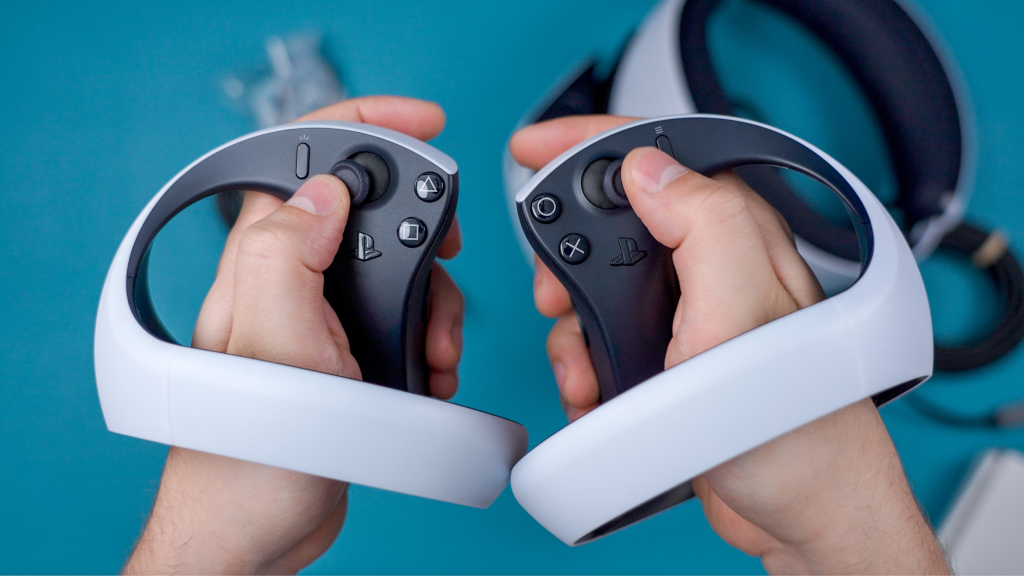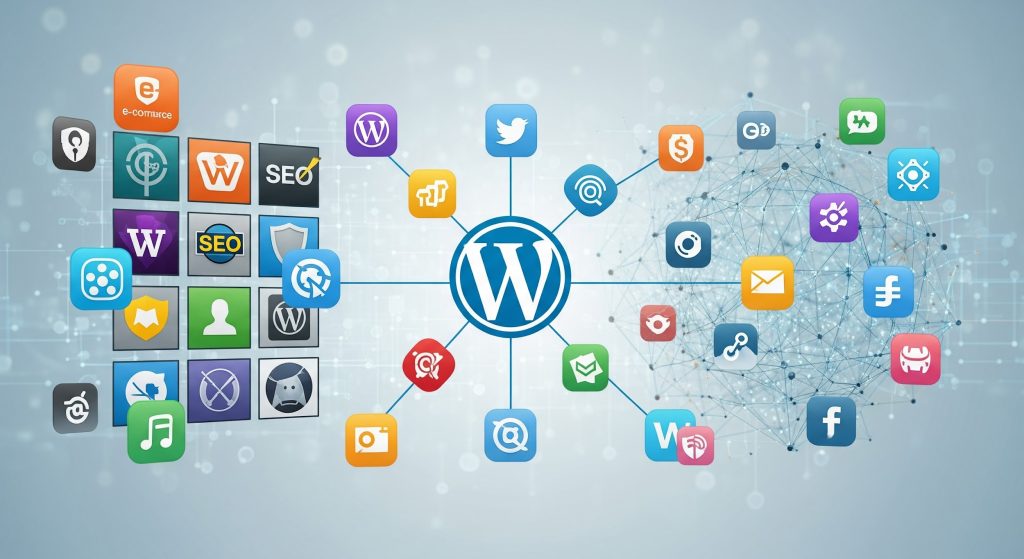If you’re a freshly-baked physician specializing in cardiology, you’re entering a field that’s in the process of changing, and it’s changing quickly. The whole industry is being shaped by all the groundbreaking technological advancements that are emerging left and right. And thanks to all those changes, many new and different healthcare career models are becoming available (and sought-after).
These new innovations, such as artificial intelligence (AI), are reshaping everything in healthcare, so how can they help you position yourself for success in a competitive job market?
Finding Cardiology Jobs Across the United States
If you’re looking for cardiology jobs across the States, there are quite a few positions available in many of the sub-specialties, work environments, and redefined roles, which you possibly haven’t even thought of.
Here’s a few:
- Academic Medical Centers: If it’s research, teaching, and complex patient care that you’re after, then these types of centers are ideal as they offer you to be at the forefront of cutting-edge clinical trials and enable you to mentor future cardiologists.
- Community Hospitals: Often provide a broad scope of cardiology services, with a huge focus on patient care and community health.
- Private Practices: May offer more autonomy and a closer patient-physician relationship, often with a focus on outpatient care. Also, the pay will likely be higher, plus you get to be more flexible with your work hours.
- Specialty Clinics: These types of clinics sub-specialize in one specific treatment. When it comes to cardiologists, these could be, for instance, electrophysiology or heart failure management. They provide highly specialized care for patients who need this specific treatment.
If you want to find a role that matches your expertise, interests, and lifestyle preferences, it’s best to check multiple settings to see which one fits your skillset and your ambitions like a glove.
How are Healthcare and Cardiology Changing?
AI in healthcare is no longer a concept for the future; That future is already here, and it’s actively changing how healthcare operates.
Even in cardiology, AI is becoming indispensable (e.g., improving diagnostics, patient monitoring, etc.):
- Diagnostics: The AI algorithms can analyse medical images and patient data with remarkable accuracy, supporting cardiologists in detecting heart diseases earlier and more precisely.
For example, AI-powered echocardiography tools can identify subtle abnormalities that might be missed by the human eye, and this allows for earlier intervention treatments. THIS is amazing.
- Personalized Treatment: Machines that have the capacity to learn are helping tailor treatment plans based on individual patient profiles. These features improve the outcomes of complex cardiac cases. Imagine when this is applied to all levels of healthcare.
By collecting data from genetics, lifestyle, and historical treatments, AI can assist in determining the most effective therapies for each individual. In other words, personalization, and personalization is what‘s missing in patient treatment plans. Old ‘cookie-cutter’ care will most likely become a thing of the past.
- Operation Efficiency: AI streamlines hospital workflows by automating administrative tasks and optimizing scheduling, enabling medical staff to focus on patient care. This automation would include routine reporting and managing patient follow-ups.
AI can be intimidating and scary for some, especially at first, but by embracing AI technology, you are staying current and integrating data-driven insights into daily practice.
The technology shift is influencing job requirements and creating demand for professionals who can effectively put these innovations to best use.
Challenges AND Opportunities That Came With AI
Along with the (obvious) benefits of AI, there are many challenges present. Professionals must ensure the AI tools are used ethically and patient privacy is private. Additionally, as with any new technology, there’s a learning curve, requiring ongoing education and training.
For cardiologists who adapt quickly, AI does present opportunities to enhance their clinician skills, improve patient success, and set them apart in this competitive job market.
More and more employers are seeking candidates who are familiar with AI technology, which gives some a professional edge.
The Rise of Flexible Healthcare Career Models
Beyond technology, there’s a cultural shift towards flexibility. Healthcare workforce trends are changing and offering healthcare professionals control over schedules and locations.
This trend is currently visible, especially among nurses, but it also signals a broader movement that could heavily impact physicians and specialists soon:
- Work-Life Balance: Flexible schedules help reduce burnout, a critical concern in high-stress specialties like cardiology. Physicians can choose part-time roles, locum tenens (temporary) positions, or telemedicine opportunities that better fit their personal lives. There’s no need to sacrifice your family, or personal life, for your career.
- Geographic Mobility: Opportunities to work in diverse settings (e.g., urban hospitals, rural clinics) allow cardiologists to find roles that better fit their lifestyle preferences as well as location. This geographic flexibility can be especially appealing for those seeking new experiences or looking to relocate.
- Contract and Locum Roles: Short-term assignments and (temporary) contract work provide more variety and the chance to gain experience across different healthcare systems. These positions also often come with competitive compensation and can serve as a gateway into new markets/specialties.
Conclusion
If you’re a cardiologist and you’re looking to succeed and/or thrive, it’s pretty much mandatory for you to blend your expertise and skills with adaptability. By refusing to do so, or by not being adaptable to new technologies, your skills and your value as a cardiologist are bound to start decaying. New career work models and AI are what’s trending right now, so keep up.
And as newer technologies surface in the future, keep up with these, as well.





















